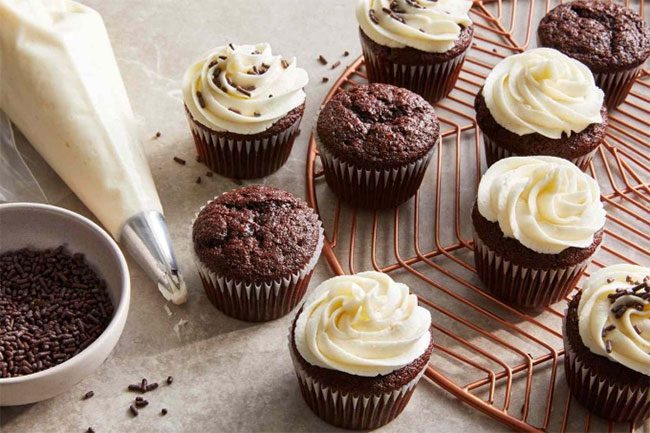Eating foods such as beef, fatty fish, and sugary snacks close to bedtime does not give your body enough time to digest, making it easier to accumulate excess fat.
Many experts recommend having dinner early and limiting late-night eating because the body requires a certain amount of time to burn off the calories consumed. In the evening, physical activity tends to be less than during the day, which means energy expenditure is slower. Experts suggest finishing the last meal of the day before 6-7 PM to allow the body sufficient time to metabolize and utilize energy, minimizing calorie surplus that can lead to fat accumulation. If you cannot arrange for an early dinner, try to limit the following foods to maintain your figure and achieve weight loss goals.
1. Fatty Meats
Meats with a high fat content, such as beef and pork, take longer to burn off calories compared to lean protein sources like eggs and chicken breast. Eating fatty meats in the evening also places a burden on the digestive system. Late-night eating can lead to feelings of fullness and make it harder to sleep.
Avoid consuming high-fat meats late at night to minimize energy surplus, bloating, and digestive difficulties.
2. Fatty Fish
Fatty fish such as salmon, mackerel, and herring take longer to digest than lean white fish. If prepared with cooking oil and spices, they further increase the burden on the digestive system. Therefore, it is advisable to avoid these foods late at night and opt for lean white fish like cod, flounder, or tilapia instead.
3. Fried Foods

Fried foods can increase symptoms of bloating and gas, making it difficult for you to sleep.
Deep-fried foods are high in calories and take longer for the body to digest. These dishes can also exacerbate bloating and gas, further complicating your ability to sleep. Prioritize simpler cooking methods like boiling, steaming, or sautéing to reduce the burden on your digestive system and avoid calorie accumulation.
4. Sugary Foods
Ice cream and sweet snacks are high in sugar, which can lead to sudden spikes in blood sugar levels and increase the likelihood of belly fat accumulation. Snacking on sweets after meals can easily lead to unhealthy habits, making you crave more sugar and potentially indulging in less healthy options.

Sweet pastries often contain “huge” amounts of calories, so it is best to consume them between morning and noon, allowing the body to digest and metabolize the energy, preventing it from accumulating as excess fat.
5. Carbohydrates
White rice and white bread are types of carbohydrates that are high in sugar and low in fiber. When consumed late, they do not provide enough time for energy expenditure, leading to fat accumulation, particularly around the belly. If you must eat close to bedtime, prioritize high-fiber, easily digestible carbohydrates like boiled corn or a small amount of oatmeal, nuts, or beans.



















































